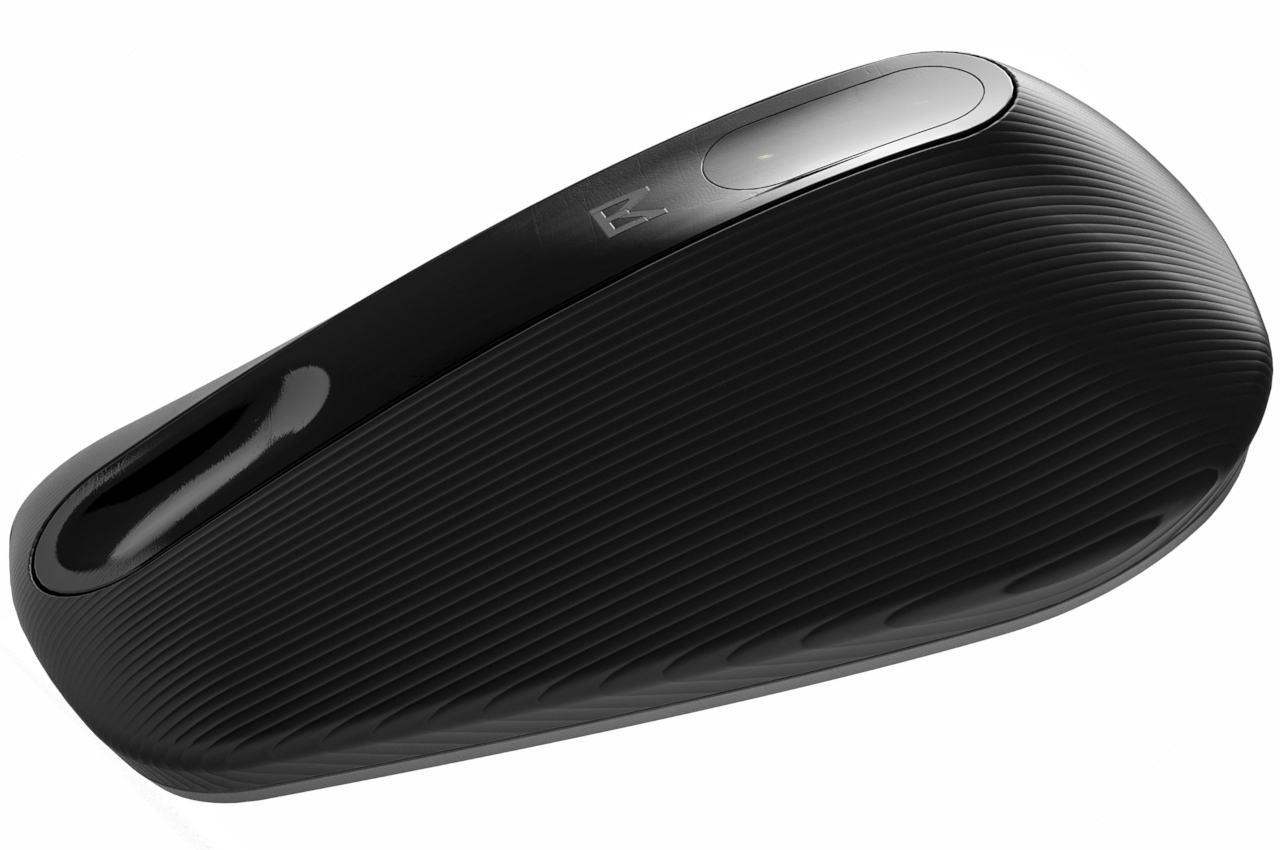#Blue Light Is Not as Bad as You Think

Table of Contents
“Blue Light Is Not as Bad as You Think”

You’ve probably heard about the dangers of blue light from digital displays. Apparently, it’s damaging our eyes and disrupting our sleep cycles. Here’s the good news—blue light is not that big of a deal. Allow me to explain.
The claims about blue light are everywhere. If you’ve purchased glasses in recent years, you’ve probably even been pitched blue-blocking lenses. A lot of these claims sound perfectly reasonable, which has led many people to believe them. The truth is not that simple, though.
What Is Blue Light?

Blue light is as literal as it sounds—it’s light with a blue hue. Also known as “high-energy visible” (HEV) light, it’s one of the colors of visible light that can be seen by human eyes.
Colors of light have different wavelengths, and blue light is a short wavelength. The shorter the wavelength, the higher the energy. That means blue light produces higher amounts of energy than other colors—hence the name “high-energy visible.”
One unique thing about blue light is it can’t be effectively filtered by human eyes. Blue light can easily pass through the eye to the retina, and since displays on digital devices tend to emit blue light, a lot of it is entering our eyes every day. That’s where the concerns come from.
What Do Blue Light Glasses Do?
We can’t talk about blue light without talking about “Blue Light Glasses” or “Blue-Blocking Lenses.” Blue light-blocking products—especially glasses—have become very common in recent years. Let’s talk about what these actually do.
Blue Light Glasses are incredibly simple. They feature lenses that have been tinted in a way that lets red, orange, yellow, and green light through, but not blue, indigo, and violet. Not all blue light is blocked, but they block much more than your eyes can do on their own.
Wearing blue light glasses has a similar effect as Night Shift or Night Light modes on phones and computers. You see the world with a more yellow/orange tint. The question is, does this actually have any benefit?
Comfort vs. Physiology
Okay, so blue light is real, and blue light glasses do actually work—in the sense that they filter out some blue light. But blocking blue light is mostly a solution hunting for a problem. Let’s talk about the difference between comfort and real physiological effects.
There’s no question that bright, blue light from a display can feel very harsh on your eyes. If you’ve ever been blinded by your phone screen in the middle of the night, you know exactly what I mean. Dark Mode and Night Light do actually make screens feel easier on our eyes.
That blast of blue light was jarring, but did it do any physiological harm? Quite a few studies have been done on blue light’s effect on eyes. The American Academy of Ophthalmology (AAO) says there is currently no scientific evidence that blue light damages eyes or causes strain. A recent study also suggests blue light glasses offer no reduction in eye strain.
What about sleep? Surely blue light affects our sleep cycles, and phone screens are the root of all our sleep problems, right? The common claim is blue light stops our production of melatonin, which is a hormone that helps us sleep. This is technically true, but you might be surprised by the details.
A 2019 study found that looking at screens does indeed slow the secretion of melatonin. However, participants’ melatonin levels returned to normal levels just 15 minutes after they stopped looking at screens. They didn’t even need fancy glasses.
Like many things, the concerns about blue light are mostly overblown. While there are some valid use cases for blue light glasses, many people are conflating blue light being uncomfortable to look at with it doing actual damage to their eyes and sleep. In general, you just need to put down your phone and let your body do its thing.
RELATED: Is It Bad to Sleep Next to Your Phone?
If you liked the article, do not forget to share it with your friends. Follow us on Google News too, click on the star and choose us from your favorites.
For forums sites go to Forum.BuradaBiliyorum.Com
If you want to read more like this article, you can visit our Technology category.




